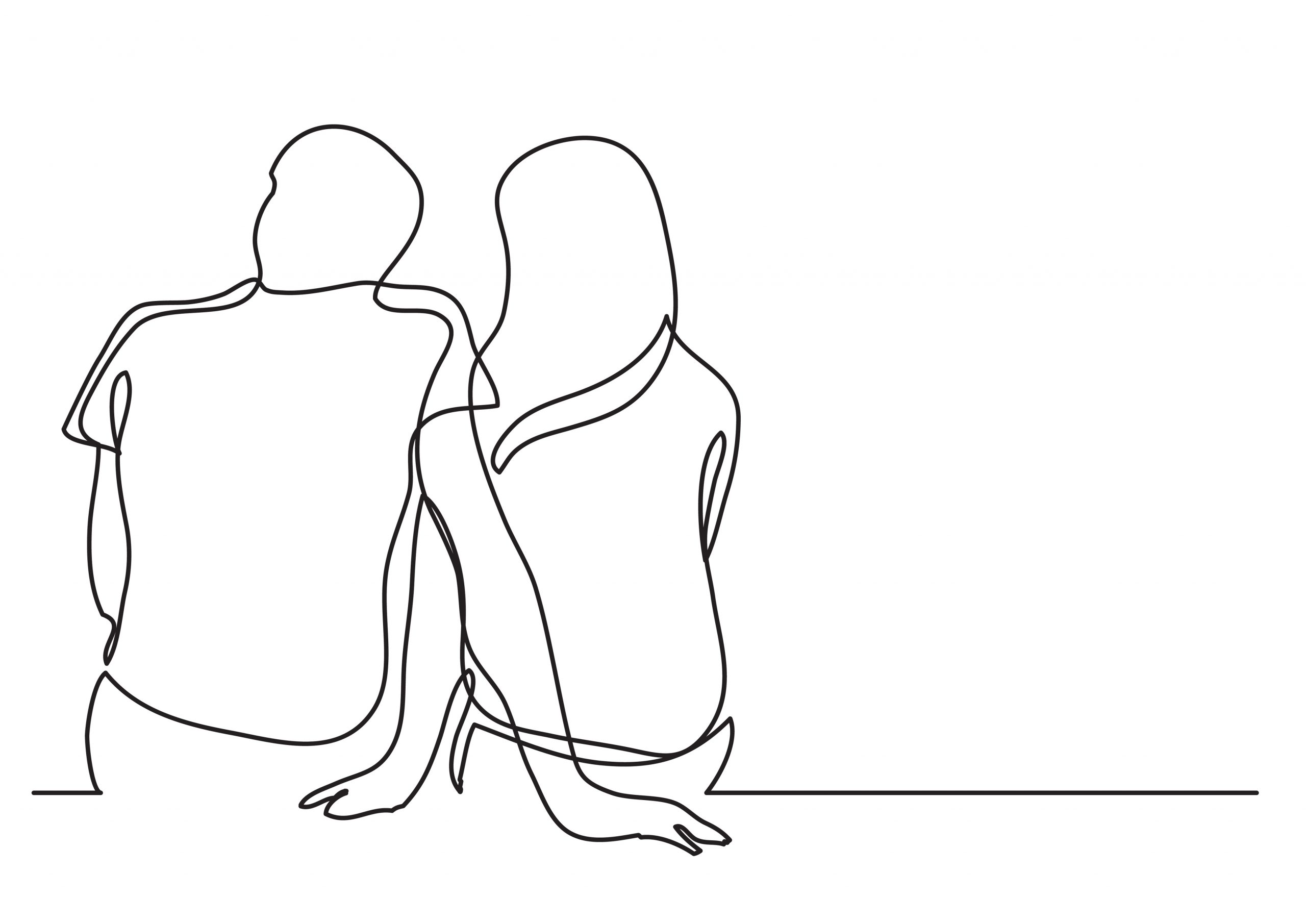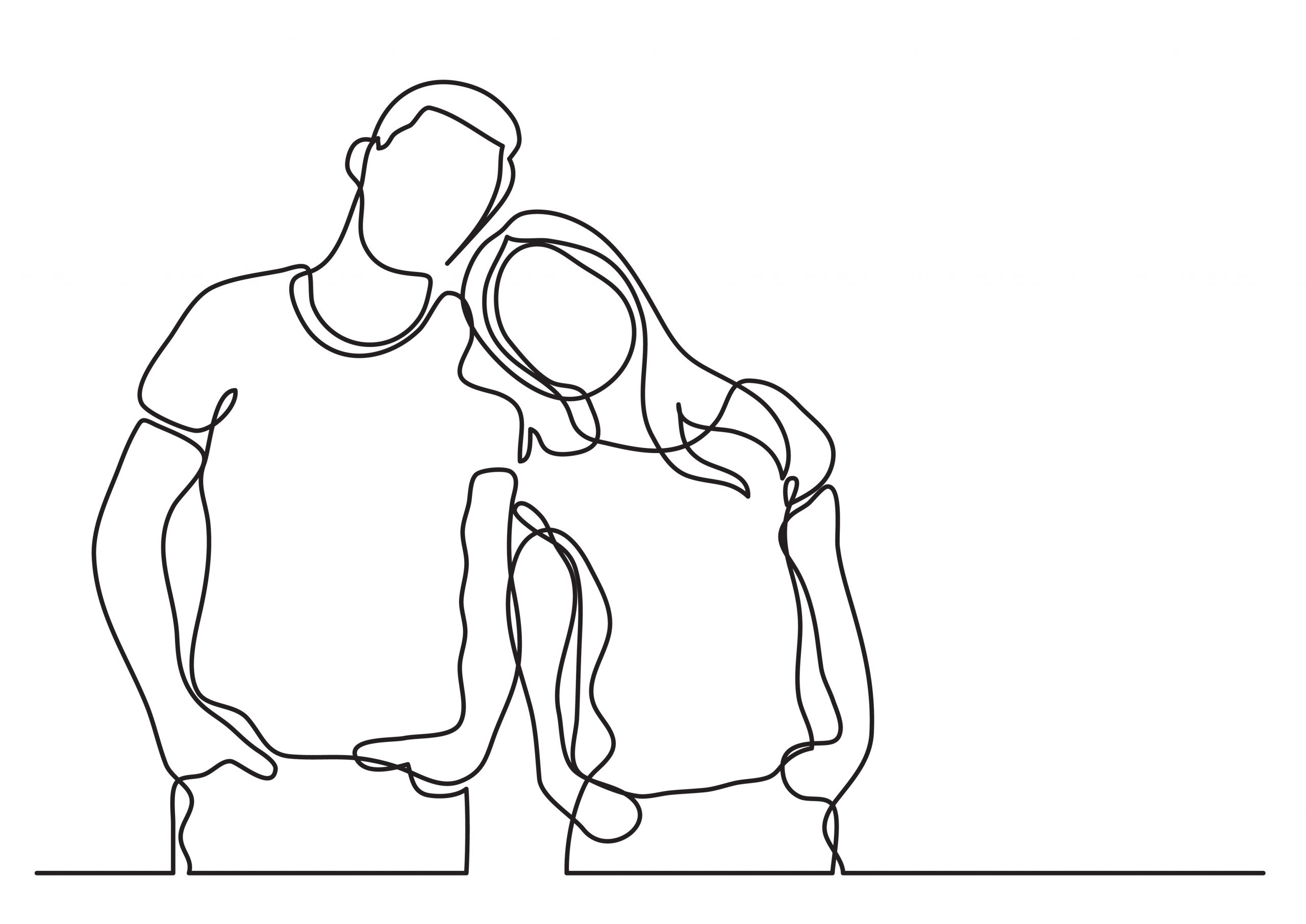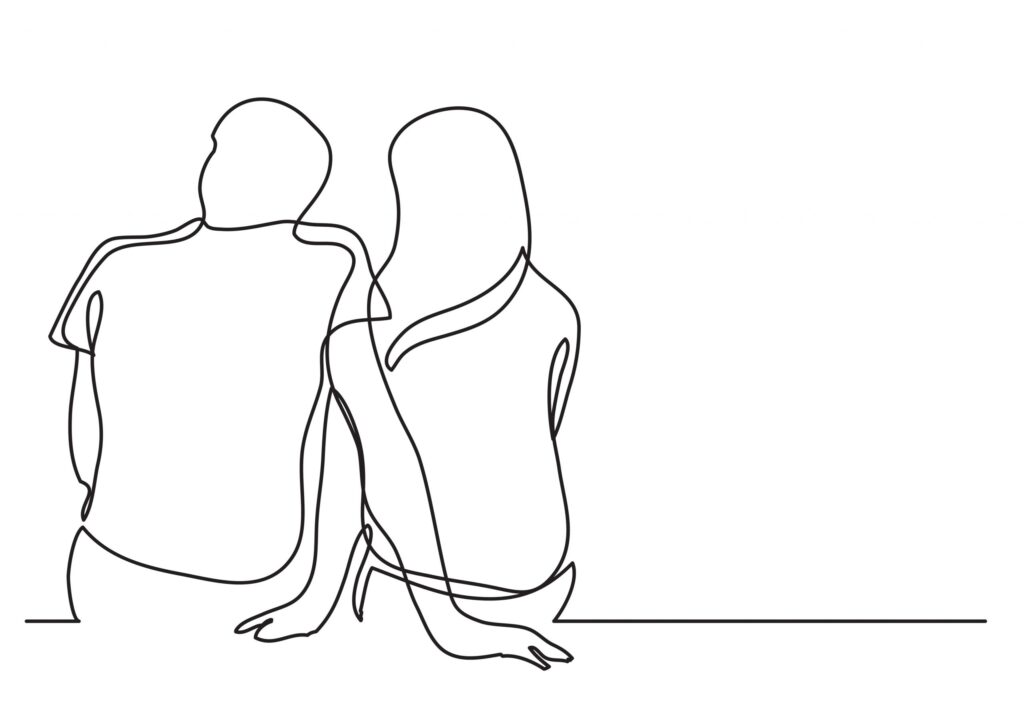Cannabis activist, Green Tea, speaks to Cannabis Health about caring for her husband during the pandemic and why the Irish system needs to change.
Covid-19 has had an effect on all of us. However, one group feeling the effects of lockdowns and restrictions the most, are carers.
Studies have shown that there has been an increase in stress and isolation among carers since the start of the pandemic.
Not having carers to visit their home has had a huge impact on Irish cannabis activist – who goes by the pseudonym of Green Tea – and her husband, who has multiple sclerosis (MS).
When lockdown in Ireland was announced, facilities were closed and hospital admissions were reduced or delayed. Although restrictions have been lifted since the introduction of the vaccine roll-out, services have not returned to pre-pandemic levels.
For most of the pandemic, Green Tea has been her husband’s only carer.

Although, she was aware of his diagnosis before they got married, but following his retirement, the illness progressed quickly.
“The illness took over about three years after we got married,” she said.
“The way MS progressed for him was a sudden, sharp decline before a plateau. He retired because the relapses were coming faster and then he had a really big decline.
“We had one relapse in the summer but he used to be able to go for a few years without one. I got three years of a happy marriage before I became a carer.”
MS is a long term condition that can affect a person’s brain and spinal cord. It causes a range of symptoms, including issues with vision, arm or leg movement, sensation or balance. Symptoms can be mild or cause serious disabilities that require care. It is normally diagnosed in a person’s 2os or 30s.
MS Ireland estimates that there are more than 9,000 people living with multiple sclerosis in the country.
Green Tea highlighted the effect that caring alone has had on her.
“I was in a depression for a long time. I gave up my job because I can’t go to work. It affected my friendships because I can’t go anywhere. I barely leave the room half of the time. There is a self-esteem issue that takes hold here.
“We are all raised with the idea of earning good money and having that determine your worth, so if you are on welfare then something is morally wrong. I had to get rid of that because I was internalising it and feeling completely worthless.”
She added: “I’ve had to do the hoisting and moving on my own. It’s supposed to be two people, so I’ve actually hurt my own back. I feel like we have been abandoned and left to figure this out on my own. That’s where cannabis came in.”
Caring and cannabis
During a trip to America, pre-pandemic, the couple got the idea to try cannabis for MS. They travelled to Colorado where cannabis is legal, and the effects became obvious as they made their way back to Ireland.
“We took a holiday to Denver after he retired. I was able to arrange to get us to a dispensary to get him what he needed and a desktop vaporiser that he could use in the hotel room,” she said.
“When he was getting off the plane, he was so bad that he couldn’t walk but after the cannabis, on the way back, he walked onto the plane.”
Green Tea’s husband exhausted all of the options that the doctors had offered him including radiotherapy, chemotherapy and intravenous steroids daily. She felt the only thing that was able to help him was cannabis.
Ireland offers two separate systems for medical cannabis access. The Medical Cannabis Access Programme (MCAP) was introduced in 2019 but has only begun this year. There is so far only one high CBD product available through the programme, which is offered to patients with just three conditions: MS, epilepsy and cancer treatment nausea.
There are more products due to be announced in 2022, but so far this leaves patients outside of these three conditions and those dependent on THC-dominant products without.
The ministerial license is another option, however until recently, the prescription fees were not refunded immediately, leaving families having to pay hundreds for medication.
The changes to the system now mean that Green Tea can begin to look at applying for the ministerial license as CBD-dominant products won’t work for her husband. In the meantime, she took the unusual move to start growing her own medication out of desperation which leaves her vulnerable to arrest.
She said: “Unless there are high THC products then it’s of no value for him. It’s specifically the THC he uses it for and it’s also no good if it can’t lift his mood as well. It’s why I grow the strains that I do, because they don’t just treat the physical symptoms but they help with his depression.”

“It leaves me very stuck because I feel awful that I can’t afford the prescription for him. I feel like I’m not doing my job as a wife if I can’t provide for him to make sure he is healthy.”
Green Tea has channelled her energy into cannabis activism in Ireland, helping to change the laws and highlight those patients, such as her husband, who fall through the cracks in the laws.
“I’m absolutely broken. I am quite tough when it comes down to it, but my mental health has suffered,” she said.
“I started consuming cannabis that had the terpene limonene in it. Limonene is a big anti-depressant and helps with anxiety. I didn’t know that beforehand but I was so different afterwards. I was able to focus more on myself.
“I could organise my thoughts and it gave me a mental uplift. I felt like I could do what I needed to that day.”
When it comes to her husband’s doctors, Green Tea said they are aware of what he takes despite the legalities. One doctor even suggested that he applies for the MCAP.
“There is no consistency when you approach the doctors, even though he has told them all that he consumes it,” she said.
“It’s the most frustrating part because if carers came into my house to help or hoist him, then they would know he takes it because they can smell it. If he doesn’t have it, then he is too tired to even eat and swallowing can become a problem.”
“There are so many knock-on effects for him of not having it. They can come and arrest me if they want. Unless they come here with a cure for MS, then there is nothing really they can say to me.”

Staying positive in a pandemic
Staying positive as a sole carer can be a struggle.
The Mental Health Foundation estimated that 71 per cent of carers have poor physical or mental health. It can be difficult to take time out to take care of yourself when you are looking after a severely disabled person. Although Green Tea has struggled with her mental health, she still has a sense of humour.
“You have to have a sense of humour, otherwise you wouldn’t get through this stuff,” she said.
“My husband can joke about stuff, he still has days where he is in good form and likes a joke, but those days are getting fewer.”
Green Tea is well known on the cannabis scene in Ireland. She is hopeful for change in Ireland but believes the whole healthcare system needs an overhaul.
“It needs to be free. If you are sick and you need medicine then you will pay or do anything to keep yourself healthy. This issue of the only really decent stuff being for people who can afford it has to stop,” she said.
“Cannabis is a small part of what is happening. If you want a hospital bed then you need health insurance to get one quickly.”
Green Tea added: “[Politician’s] need to stop listening to lobbyists and start speaking to people who know what they are talking about. If they want to win an election, they need to start supporting this.
“You will never get a doctor to prescribe cannabis for mental health in this country because they are heavily influenced by the stigma. They believe it will wreck your mental health, when it is the only thing that has been keeping me together.”
The post “I feel like we have been abandoned” – the impact of being a carer during Covid-19 appeared first on Cannabis Health News.



